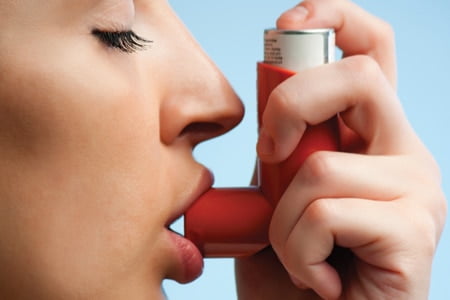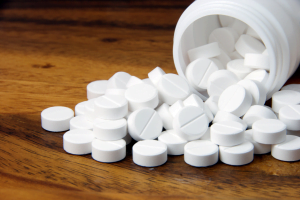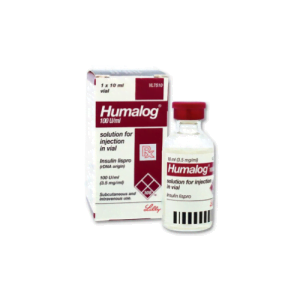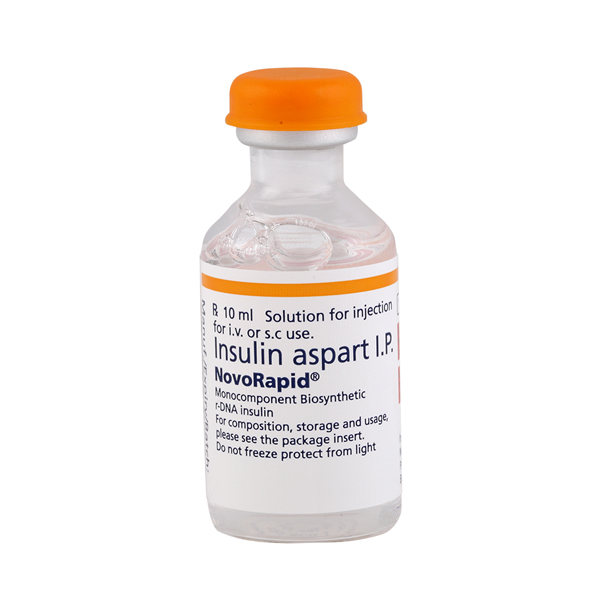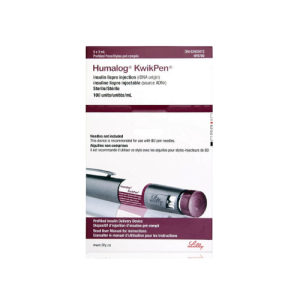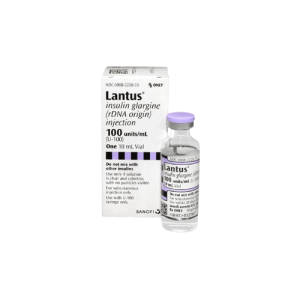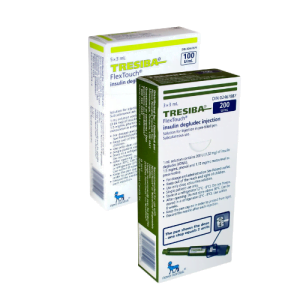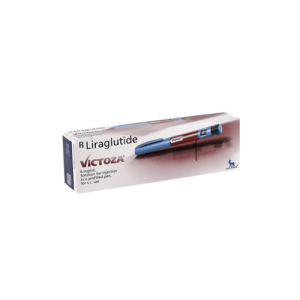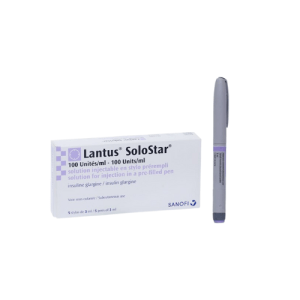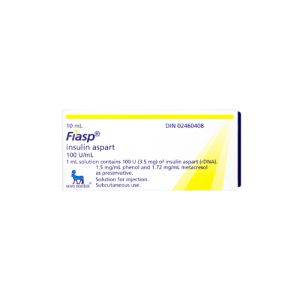Diabetic symptoms usually develop due to a lack of insulin, a type of hormone that helps to regulate the blood sugar level. Produced by the Eli Lilly and Company in 1982, an insulin injection was the first genetically-engineered pharmaceutical product approved for diabetes treatment. While injectable insulin is highly effective in managing diabetes mellitus, a lot of patients are terrified of needles. Plus, having to self-inject on a daily basis can be a major inconvenience for many diabetic patients. For many years, scientists have been working on alternative forms of insulin. While insulin pills have yet to be successfully formulated, patients now have the option to inhale insulin instead of injecting it. The idea of inhaled insulin is nothing new, however, it wasn’t until the 90s that it is made possible. Similar to asthma inhalers, the insulin inhaler is able to dispense a fine insulin powder into the lungs. Once inhaled, the insulin can enter through blood vessels.
Indicated for patients who have type I or type II diabetes, Exubera was the first FDA-approved inhaled insulin brand. However, one year after its launch, Exubera was withdrawn from the market by its manufacturer. Being awkwardly large and bulky, it failed to gain popularity among diabetic patients. The FDA also expressed concerns that the insulin inhaler might result in lung diseases (including cancer).
Afrezza is another brand of inhaler that contains pre-measured, rapid-acting insulin. Approved in 2014, the inhaled insulin is designed to be used before meals. Similar to Exubera, Afrezza is indicated for the treatment of type I and type II diabetes (but, thankfully, it comes in a much smaller size). When used in the treatment of type I diabetes, patients will still need to use a long-acting insulin for consistent blood glucose control throughout the day. Keep in mind that the inhaled insulin is not meant for diabetic emergencies, e.g. diabetic ketoacidosis (DKA). Afrezza is associated with common adverse reactions such as sore throat, scratchy throat, coughing, and hypoglycemia (low blood sugar). In general, inhaled insulin should not be used in patients who are smoking and those who have a lung disease.


